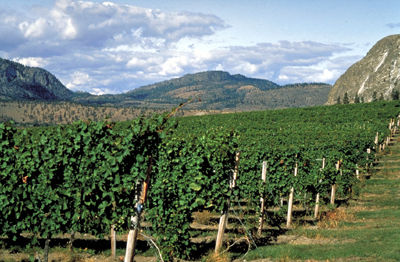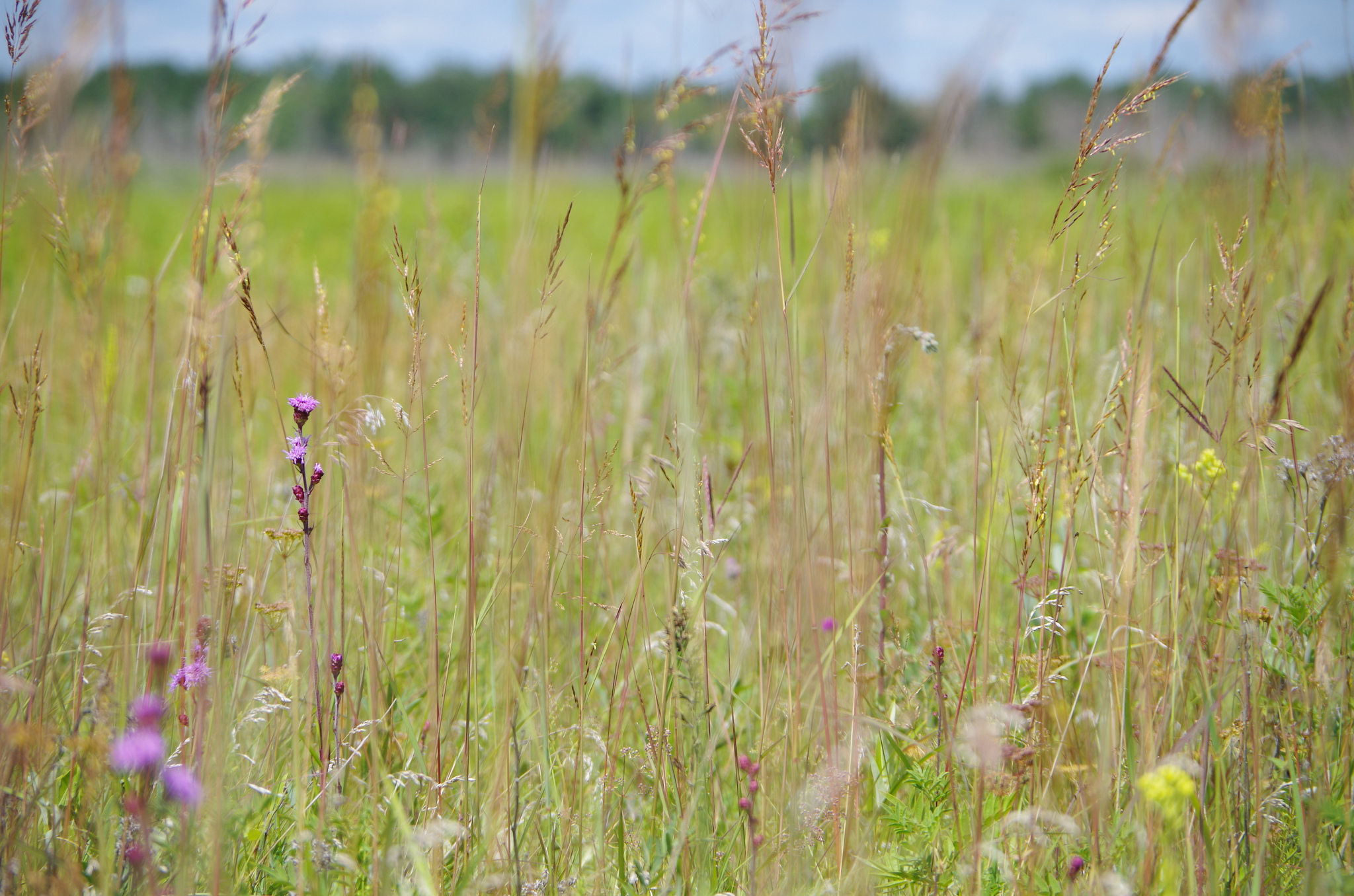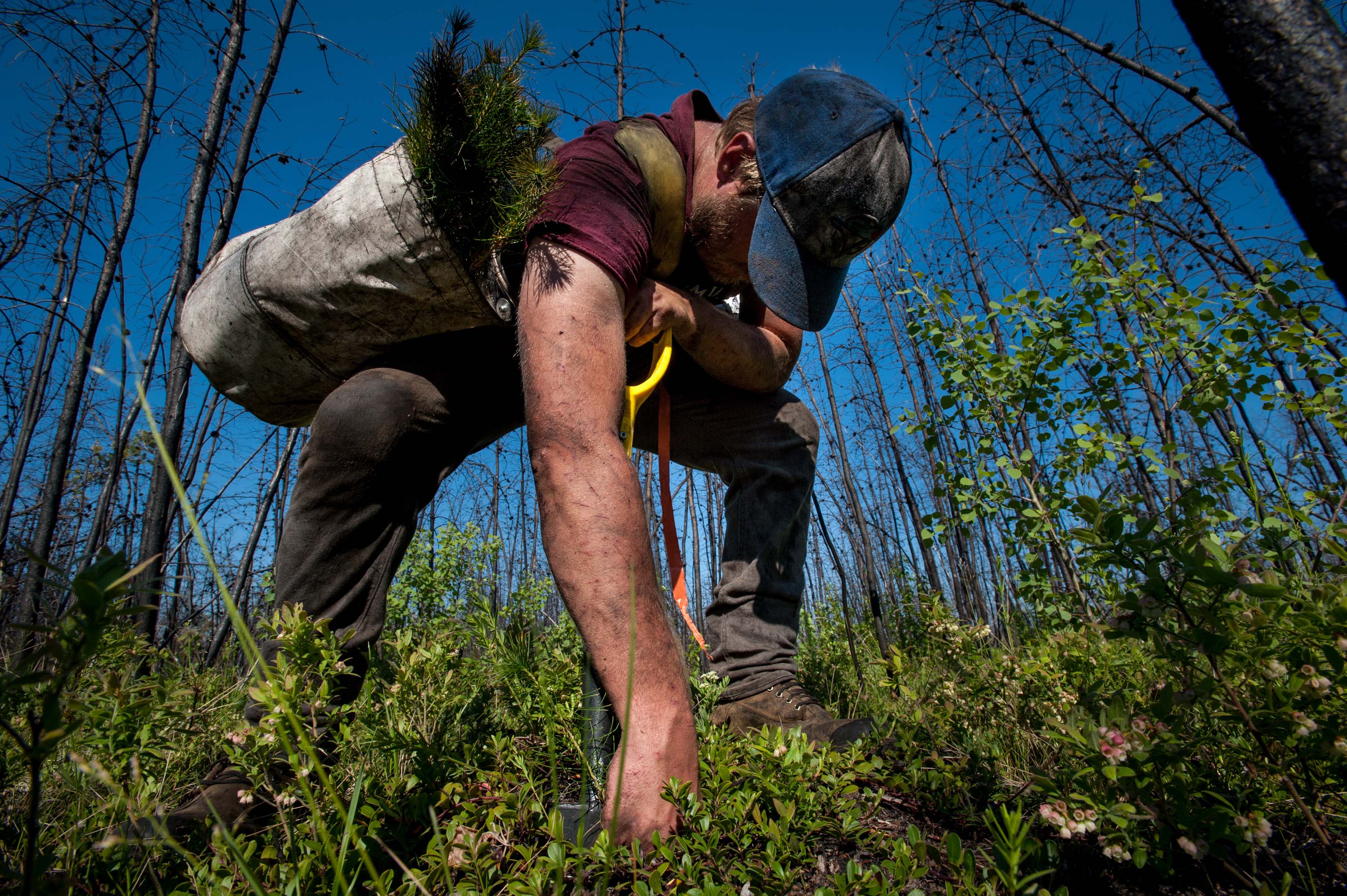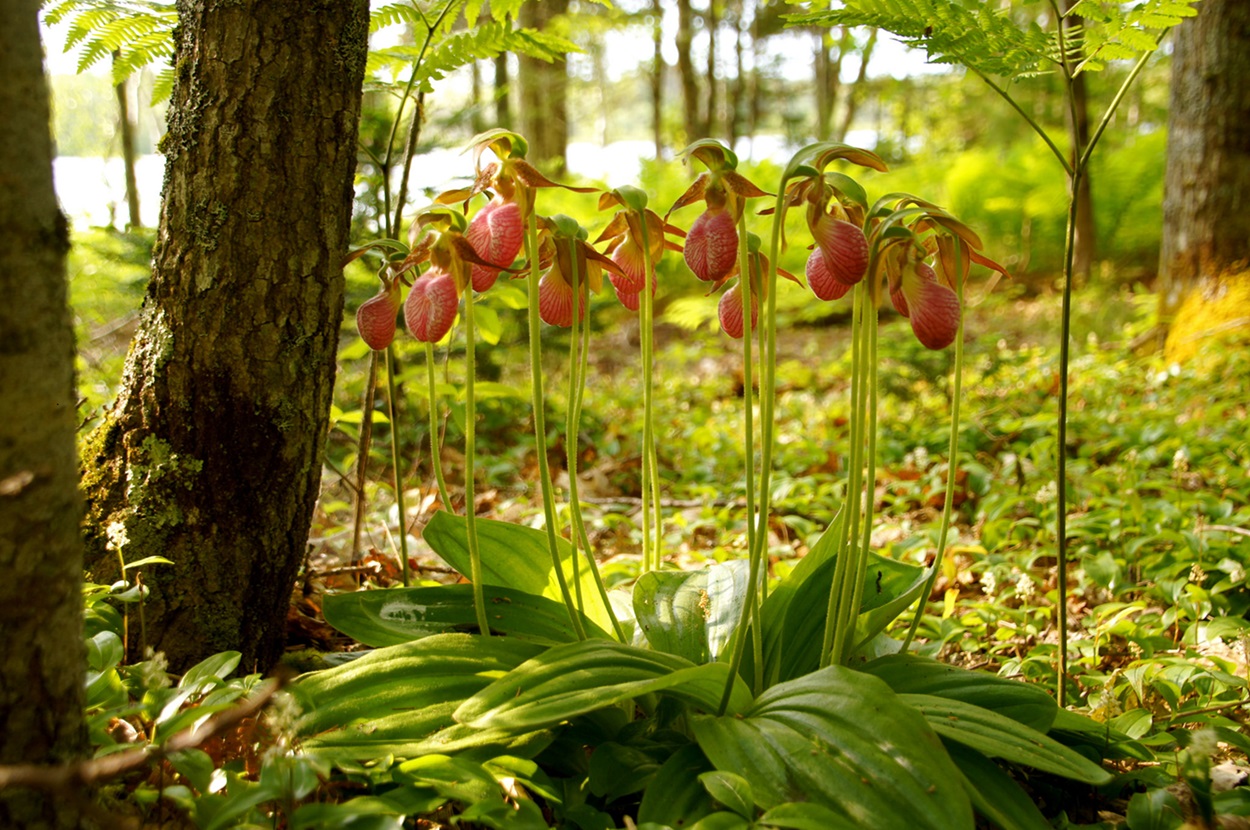Browse "Environment"
-
Article
Hydro-Québec
Hydro-Québec, a provincially owned corporation based in Montréal, is Canada's largest electric utility and, judged by assets ($30.6 billion in 1986), Canada's second largest corporation.
"https://d2ttikhf7xbzbs.cloudfront.net/media/media/6be9c93a-1849-439f-b16a-f87c91691760.jpg" // resources/views/front/categories/view.blade.php
https://d2ttikhf7xbzbs.cloudfront.net/media/media/6be9c93a-1849-439f-b16a-f87c91691760.jpg
-
Article
Hydroelectricity in Canada
Hydroelectricity is energy produced from flowing water. The amount of energy produced depends on volume and speed: the more water moving at a fast rate, the more energy produced. For this reason, many hydroelectric stations are built near waterfalls. To produce energy, water is directed toward turbines — sometimes with the help of a dam — causing them to spin. In turn, the turbines make electrical generators spin and electricity is produced. It is a renewable, comparatively nonpolluting energy source and Canada’s largest source of electric-power generation.
"https://d2ttikhf7xbzbs.cloudfront.net/media/media/0c8c9180-7dde-40c3-9b85-fcd031a4d8c4.jpg" // resources/views/front/categories/view.blade.php
https://d2ttikhf7xbzbs.cloudfront.net/media/media/0c8c9180-7dde-40c3-9b85-fcd031a4d8c4.jpg
-
Macleans
Inside the Kyoto Deal
Albertas energy minister, Steve West, spent much of last week wearing a tight smile, his clenched jaw and square shoulders set as firmly as his conviction that people who blame the oilpatch for the next centurys foul weather have lost their heads.This article was originally published in Maclean's Magazine on December 22, 1997
"https://development.thecanadianencyclopedia.ca/images/tce_placeholder.jpg?v=e9dca980c9bdb3aa11e832e7ea94f5d9" // resources/views/front/categories/view.blade.php
https://development.thecanadianencyclopedia.ca/images/tce_placeholder.jpg?v=e9dca980c9bdb3aa11e832e7ea94f5d9
-
Article
Keystone XL Pipeline
Keystone XL was a proposed 1,947 km long pipeline project that would have carried crude oil from Alberta to Nebraska. It was owned by Calgary-based TC Energy Corporation. The pipeline was named XL for “export limited.” First proposed in July 2008, it was the prospective fourth phase of TC Energy’s existing Keystone Pipeline system. In Canada, Keystone XL had the support of both the federal and Alberta governments. However, the project faced significant opposition and legal challenges on environmental grounds. In January 2021, United States president Joe Biden cancelled its permit on his first day in office. On 9 June 2021, TC Energy and the Alberta government announced the termination of the Keystone XL pipeline.
"https://d2ttikhf7xbzbs.cloudfront.net/media/media/d0e10ee5-e27a-45c8-b079-981a892292b5.jpg" // resources/views/front/categories/view.blade.php
https://d2ttikhf7xbzbs.cloudfront.net/media/media/d0e10ee5-e27a-45c8-b079-981a892292b5.jpg
-
Macleans
Kirkland Lake Eyes Hazardous Waste Plant
BILL ENOUY IS PROUD of his town. Oh, the jolly looking mayor of KIRKLAND LAKE, Ont., knows the main street needs a facelift, and that something should be done about the shortage of family physicians.This article was originally published in Maclean's Magazine on November 18, 2002
"https://development.thecanadianencyclopedia.ca/images/tce_placeholder.jpg?v=e9dca980c9bdb3aa11e832e7ea94f5d9" // resources/views/front/categories/view.blade.php
https://development.thecanadianencyclopedia.ca/images/tce_placeholder.jpg?v=e9dca980c9bdb3aa11e832e7ea94f5d9
-
Macleans
Kyoto Accord Opposition Growing
In Alberta political circles, Lorne Taylor is sometimes referred to as the "egghead redneck." It is a mark of the man that Taylor, who is Alberta's environment minister and who holds a Ph.D. in educational psychology, takes more umbrage at the first half of that moniker than the latter.This article was originally published in Maclean's Magazine on October 14, 2002
"https://development.thecanadianencyclopedia.ca/images/tce_placeholder.jpg?v=e9dca980c9bdb3aa11e832e7ea94f5d9" // resources/views/front/categories/view.blade.php
https://development.thecanadianencyclopedia.ca/images/tce_placeholder.jpg?v=e9dca980c9bdb3aa11e832e7ea94f5d9
-
Article
Lakes in Canadian Music
With the exception of the Great Lakes which border Ontario on the south, Canada's lakes no longer play a significant role in the country's development; rather they serve recreation and tourism, provide hydro-power, and are valued for their natural beauty.
"https://development.thecanadianencyclopedia.ca/images/tce_placeholder.jpg?v=e9dca980c9bdb3aa11e832e7ea94f5d9" // resources/views/front/categories/view.blade.php
https://development.thecanadianencyclopedia.ca/images/tce_placeholder.jpg?v=e9dca980c9bdb3aa11e832e7ea94f5d9
-
Article
Line 3 Pipeline Replacement Program
The Line 3 Replacement Program (also known as L3RP) is an upgrade to the Enbridge Mainline pipeline. The existing crude oil pipeline runs from Hardisty, Alberta to Superior, Wisconsin. The 1,660 km long upgrade is the largest project in the history of Calgary-based Enbridge. The Alberta to Manitoba section of the L3RP has been in service since December 2019.
"https://d2ttikhf7xbzbs.cloudfront.net/media/media/8039b308-31dd-44bc-adf3-672be2352f50.jpg" // resources/views/front/categories/view.blade.php
https://d2ttikhf7xbzbs.cloudfront.net/media/media/8039b308-31dd-44bc-adf3-672be2352f50.jpg
-
Article
Midnight Sun
Midnight Sun In the Arctic in the summer, the sun shines all night long. Robert W. SERVICE had this in mind when he used the phrase in his ballad "The Cremation of Sam McGee" (1907). The expression "land of the
"https://development.thecanadianencyclopedia.ca/images/tce_placeholder.jpg?v=e9dca980c9bdb3aa11e832e7ea94f5d9" // resources/views/front/categories/view.blade.php
https://development.thecanadianencyclopedia.ca/images/tce_placeholder.jpg?v=e9dca980c9bdb3aa11e832e7ea94f5d9
-
Macleans
Natural Environment
This article was originally published in Maclean’s magazine on June 2, 2003. Partner content is not updated. THIS IS MY medicine cabinet," says Karl Schibli, his ice-blue eyes widening with the excitement of someone about to let a neophyte in on what he already knows. The object of Schibli's focused attention is a red Coleman picnic cooler on a shelf in his barn near Waterford, Ont.
"https://development.thecanadianencyclopedia.ca/images/tce_placeholder.jpg?v=e9dca980c9bdb3aa11e832e7ea94f5d9" // resources/views/front/categories/view.blade.php
https://development.thecanadianencyclopedia.ca/images/tce_placeholder.jpg?v=e9dca980c9bdb3aa11e832e7ea94f5d9
-
Article
Natural Regions
Natural regions are intended to describe areas of the Earth's surface which possess similar qualities or attributes. They may refer to either land or water, and can vary in size. The term “natural region” is often used interchangeably with the word “ecozone.”
"https://d2ttikhf7xbzbs.cloudfront.net/media/media/9e60d609-62ab-4e7c-8233-12801bc0f8c1.jpg" // resources/views/front/categories/view.blade.php
https://d2ttikhf7xbzbs.cloudfront.net/media/media/9e60d609-62ab-4e7c-8233-12801bc0f8c1.jpg
-
Article
Nature Conservancy of Canada
The Nature Conservancy of Canada (NCC) is the largest land conservation charity in Canada. Since 1962, NCC has helped to protect more than 160,000 km2 of land and water across the country. Its mission is to partner with individual donors, corporations, non-profits and governments to purchase and protect areas rich in species diversity (see Biodiversity). The charity and its partners achieve this goal by working with local communities to identify habitat and species in need of protection, and by implementing the best evidence-based conservation science available. As of June 2019, the NCC has conserved habitat across Canada for 34 per cent of Canada’s species at risk. (See also Endangered Animals in Canada.)
"https://d2ttikhf7xbzbs.cloudfront.net/media/media/867f193d-c63a-4822-a3e7-c0a38fa063cb.jpg" // resources/views/front/categories/view.blade.php
https://d2ttikhf7xbzbs.cloudfront.net/media/media/867f193d-c63a-4822-a3e7-c0a38fa063cb.jpg
-
Article
Northern Gateway Pipeline Proposal
The $7.9 billion Northern Gateway project was a pipeline proposal that Enbridge put forward in 2008. Northern Gateway would have carried diluted bitumen (“dilbit”) about 1,170 km from Bruderheim, Alberta to a terminal on the Pacific Ocean at Kitimat, British Columbia. Enbridge claimed that the project would create $1.2 billion in tax revenue for BC, as well as 560 jobs. The Federal Court of Appeal overturned the pipeline’s approval in 2016. That same year, the Liberal government of Prime Minister Justin Trudeau rejected the project.
"https://d2ttikhf7xbzbs.cloudfront.net/media/media/de50644a-0b88-4e0a-991b-a6c9222e3c29.jpg" // resources/views/front/categories/view.blade.php
https://d2ttikhf7xbzbs.cloudfront.net/media/media/de50644a-0b88-4e0a-991b-a6c9222e3c29.jpg
-
Editorial
Not for Saps: Tree Planting in Alberta
Over a century’s worth of shifting environmental policy means that today, maintaining Canada’s forests is as important as cutting them down. Tree planting is an essential part of this maintenance, and each year thousands of young Canadians trek through rough conditions and remote areas to replant thousands of trees.
"https://d2ttikhf7xbzbs.cloudfront.net/media/media/3f6e30bf-0cc6-47cd-8961-1918b0dae744.jpg" // resources/views/front/categories/view.blade.php
https://d2ttikhf7xbzbs.cloudfront.net/media/media/3f6e30bf-0cc6-47cd-8961-1918b0dae744.jpg
-
Article
Old-Growth Forests in Canada
Old-growth forests are complex forest ecosystems that have developed over a long period of time without experiencing any major disturbances. They have unique features and significant ecological, social, cultural and economic value. Old-growth forests used to be a significant part of Canada’s forest landscape but now only exist as small, fragmented patches due to intensive logging (see Forest Harvesting), conversion of forest for agriculture, insect epidemics (see Four Major Insect Pests of Forests in Canada), wildfires and disease. Increasing measures to protect these ecosystems are being implemented across Canada to combat their continued decline.
"https://d2ttikhf7xbzbs.cloudfront.net/oldgrowthforests/lady-slippers.jpg" // resources/views/front/categories/view.blade.php
https://d2ttikhf7xbzbs.cloudfront.net/oldgrowthforests/lady-slippers.jpg
